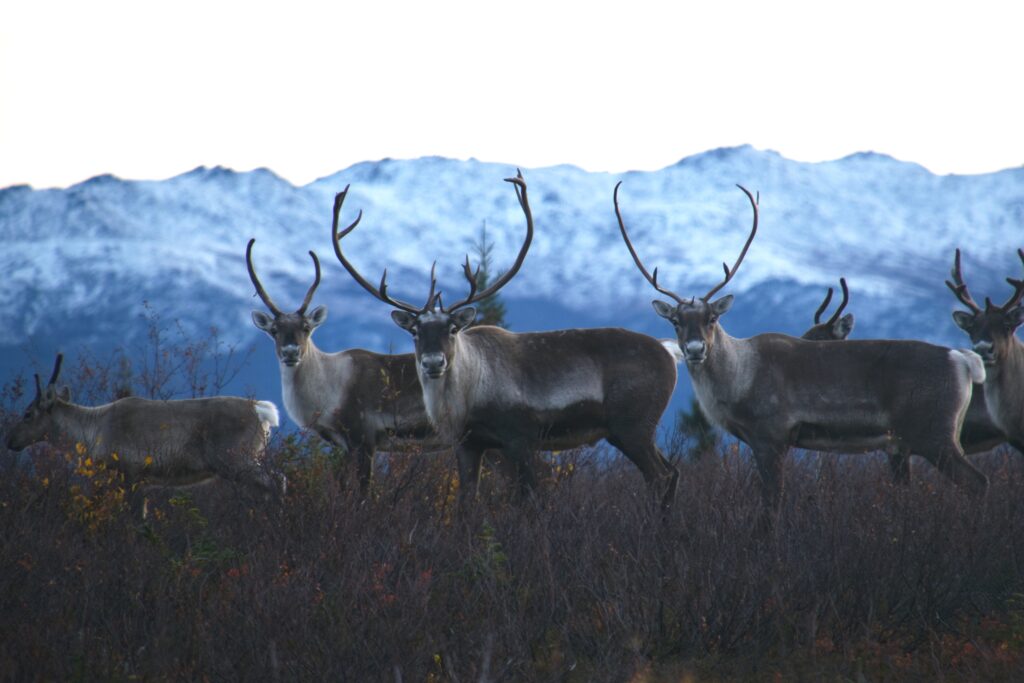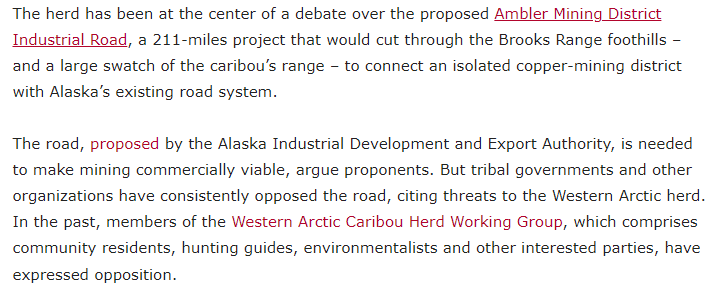D
Deleted member 18333
Guest
The general public has no idea how much mining development and production will need to increase in order to support, not only the U.S. but the worlds, desire to transition away from FF's. Estimates from 300% to 4000% increase in mined product output from current levels. Since most of this increase, if not all of it, will most likely come from other countries, we need to be realistic about how wise this strategy will be. If the only hurdle to mining development in the US was @neffa3 , then maybe salmon habitat would be the only consideration. But he isn't the only hurdle. Those hurdles started with animals, then into open spaces, then into sacred land, etc. Now we want to add "not unless they allow any Joe Dirt to drive down that road." IMO, we need to shift from the mentality that this global transition will result in less degradation to undeveloped land in the US and realize it will require more development. Pick your hurdles to development wisely or face the consequences of those decisions. My $0.02.






